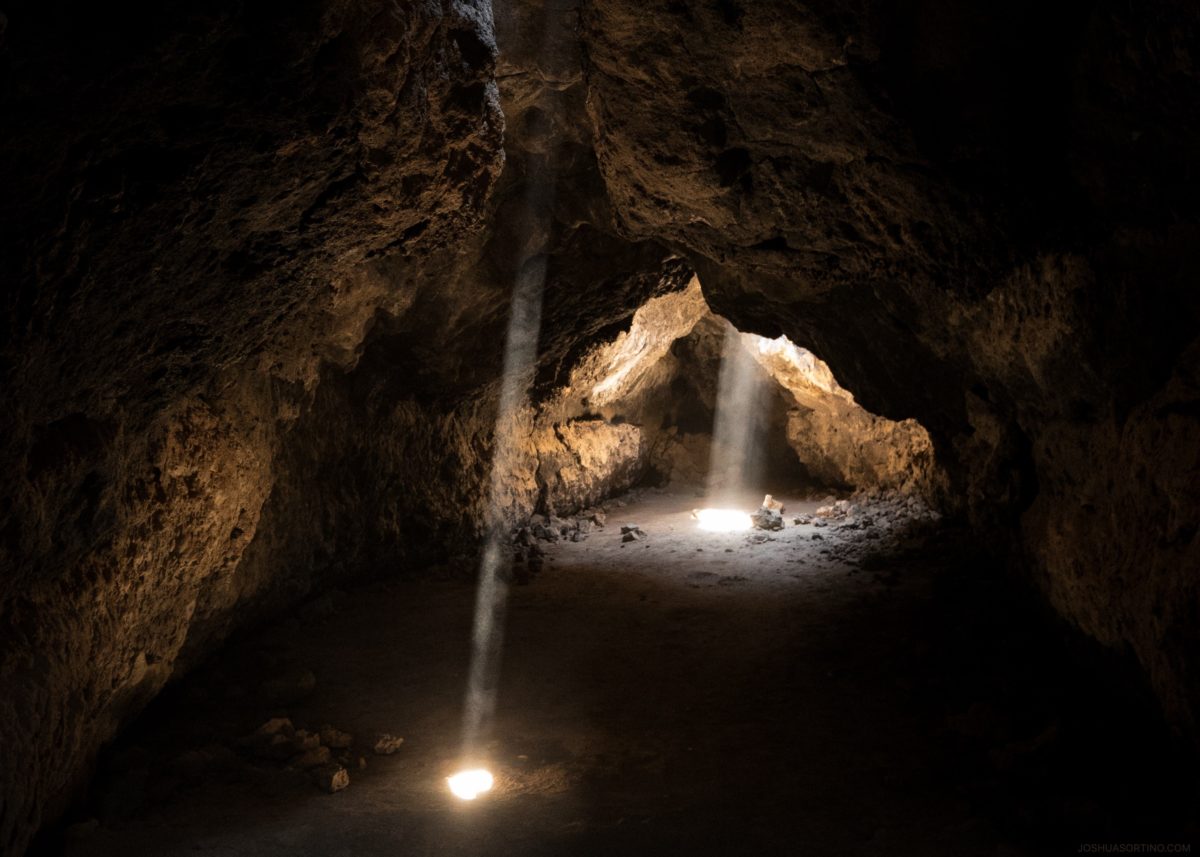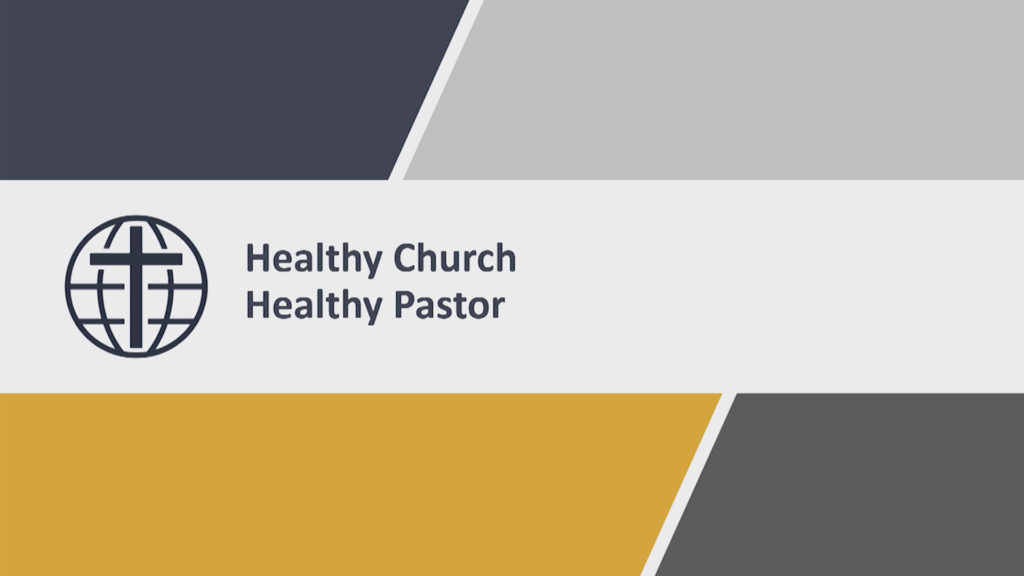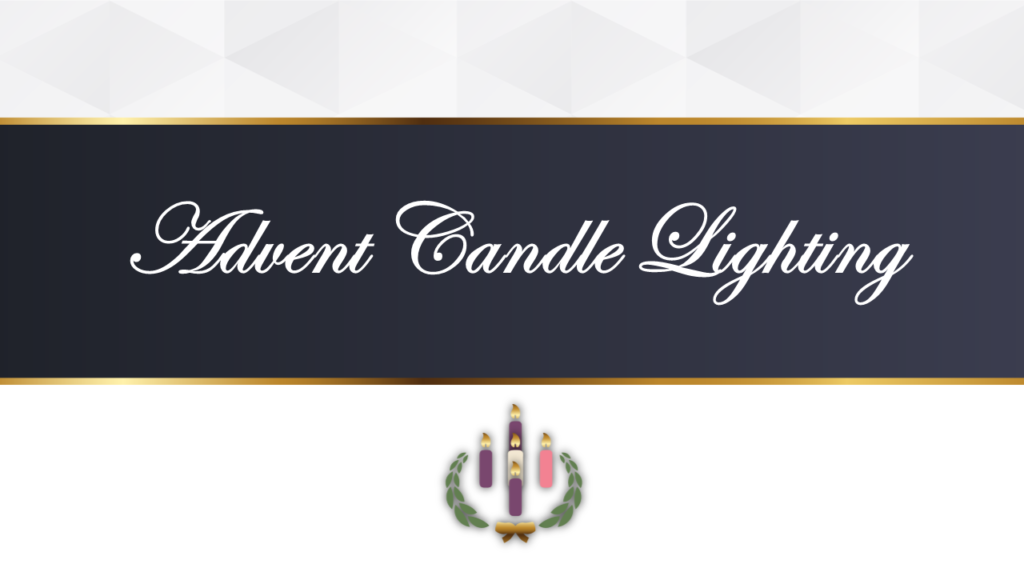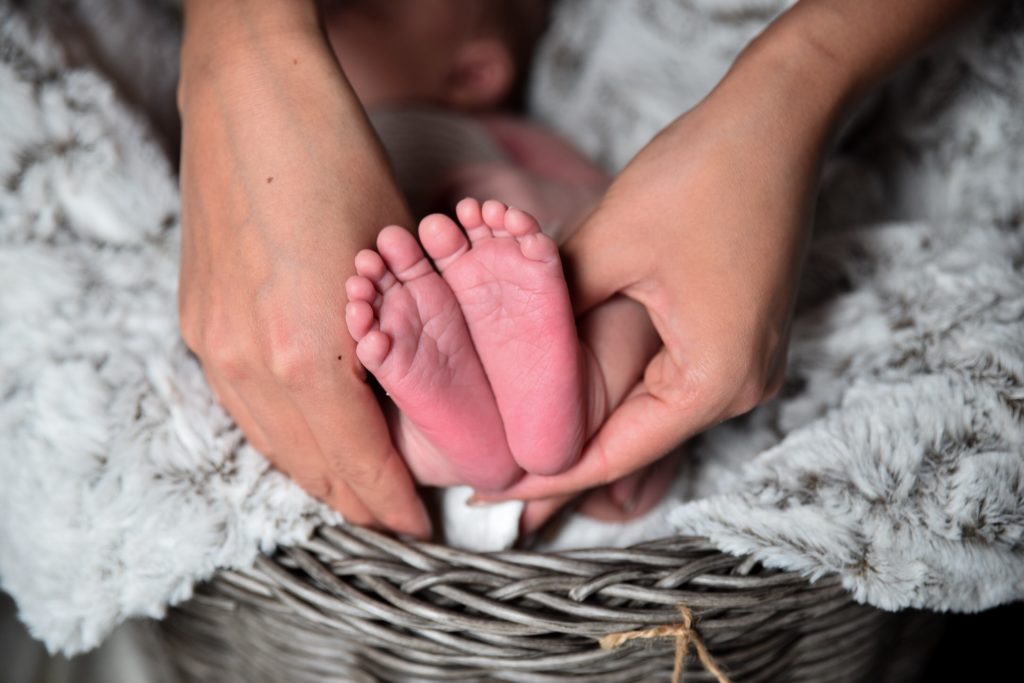Readings: Isaiah 49:1-7 • Psalm 40:1-11 • 1 Corinthians 1:1-9 • John 1:29-42
The theme for this week is “Come and see.” In Isaiah 49:1-7, God speaks his promises over his people inviting them to come and see in the adventure of obedience. In Psalm 40:1-11, the author invites us to come and see the goodness and deliverance of God through telling his own experience. In 1 Corinthians 1:1-9, Paul invites the young church to embrace their identity and inheritance in Christ. In John 1:29-42, Jesus’ gets his first disciple Andrew with the invitation “Come and see.” Andrew dedicates his life to extending that invitation to the world.
Andrew, the Shadow Disciple
John 1:29-42
Can anyone tell me Donald Trump’s sister’s name? Maryanne. What about Oprah Winfrey’s half-sister? Patricia Lee. Who can name the other four members of the Jackson Five?
Who is Peter’s brother? Andrew. He’s in the shadows throughout. We know very little about him. He doesn’t have any great lines, nor perform any miracles, nor does he even have very many recorded conversations with Jesus.
One of the first things we see about the apostle Andrew when he appears on the scene is his name. His famous brother’s name is Simon, which is a solid Aramaic Hebrew name. He is a good Jewish boy who is carrying his parents’ dreams and going to make something of himself. Andrew, the younger brother, comes along and he is given the Greek name Andrew. His name translates to “manly” or “brave,” but this strong silent man never seems to make it out of his brother’s shadow.

He first comes on the scene in John 1:35…:
The next day John was there again with two of his disciples. When he saw Jesus passing by, he said, “Look, the Lamb of God!” When the two disciples heard him say this, they followed Jesus. Turning around, Jesus saw them following and asked, “What do you want?”
They said, “Rabbi” (which means “Teacher”), “where are you staying?” “Come,” he replied, “and you will see.”
So they went and saw where he was staying, and they spent that day with him. It was about four in the afternoon.
Andrew, Simon Peter’s brother, was one of the two who heard what John had said and who had followed Jesus. The first thing Andrew did was to find his brother Simon and tell him, “We have found the Messiah” (that is, the Christ). And he brought him to Jesus. (John 1:35-42)
There is an important detail here, as there always is, right at the beginning of this passage that will tell us a little bit about Andrew. He was a disciple of John the Baptist.
John the Baptist was a prophetic voice, in the old tradition of the prophets in the Old Testament, calling for a revival and renewal of the people’s hearts toward God. In this ancient society, as in many others, a big personality like this would have gained some kind of following. It was not unheard of for a spiritual leader like John to have followers who lived near where he was and worked with him. They might have been following him, a lot like the apostles who ended up following Jesus.
But John’s message was different. He not only called people to renewed obedience, but he prophesied about something new that was happening. He was calling people to pay attention because things were about to change drastically, and we see from other places that he wasn’t even quite sure what that new direction was.
And we see here the calling of the first, although by no means the most famous, of the apostles: Andrew, Peter the Rock’s little brother. As the 12 apostles scattered to the four corners of the earth, he most likely ended up in Greece. Like about half the apostles, we have very little record of Andrew in the Gospels. He says a few words here and there, and is in a few lists, but other than that we don’t know a lot.
At first glance, he’s kind of the wallflower apostle. He’s the “also in attendance” apostle. He’s Peter’s “plus one” throughout much of the narrative. If there were a yearbook for the apostles, it would have a picture of a burly, heavy-bearded man captioned, “Simon the Rock, son of Jonah.” And next to it a picture of a quiet, nondescript figure with the caption “Simon’s brother” or maybe just captioned “not pictured.”
Andrew doesn’t take up our whole peripheral vision, like some of his brothers in arms like Peter, or James, or even John “the disciple whom Jesus loved”—big personalities who are remembered everywhere. Here’s a few famous scenes:
-
- In Luke, the very exciting scene where Jesus tells Peter to cast into deep water and he brings in a huge catch of fish. Peter throws himself at Jesus’s feet and says, “Get away from me! I am a sinful man!” And Andrew…was also there.
- In John 6, at the feeding of the five thousand, Jesus feeds thousands of people, miraculously multiplying a humble lunch. And Andrew…was the one who found the boy with the sack lunch.
- At the triumphal entry, some brave Greeks are there and want to speak with the new rabbi even though they are gentiles and Andrew…introduces them.
- At the last supper, Jesus explains the heart of the gospel to his apostles and washes their feet. Andrew…was also there.
Andrew had the great privilege of being in the corner of the frame at a lot of important stuff. He’s not one who jumps out at you right away—you have to a look a little closer to see him. But we can still learn a lot from this quiet man of great faith, the shadow disciple.
As we talked about already, he is the first disciple of Christ that we have on record. The Greek Orthodox church, who has cool nicknames for everybody, calls him the “protoklete,” the “first follower.” Let’s look back at John 1:
The next day John was there again with two of his disciples. When he saw Jesus passing by, he said, “Look, the Lamb of God!” When the two disciples heard him say this, they followed Jesus. Turning around, Jesus saw them following and asked, “What do you want?”
They said, “Rabbi” (which means “Teacher”), “where are you staying?”“Come,” he replied, “and you will see.” (John 1:35-39)
So, we have the first indication here that Andrew is a disciple of John the Baptist. In those times, people might become disciples of a leader like this. John the Baptist had some inkling that this was going to be new life and also apocalyptic—the old way of being was ending. Their world, as they knew it, would never be the same.
One of the great things we know about John the Baptist was his humility. At the time, if you look at records of history outside of the Scripture, John had a much bigger following than Jesus. If he was just looking for fame, he could have had it right then—he already did! But almost immediately when Jesus comes on the scene, John says, “He must increase, I must decrease!” Most of the dialogue we have reported from John the Baptist is him pointing to Jesus.
It seems here that Andrew may have gotten that message. He may have picked up from his teacher, John the Baptist’s, lifestyle as well as his words—we aren’t here for our own glory. He’s not here for the spotlight; he’s not here to be remembered. He’s not one who, like James and John, has his MOM come and ask Jesus to seat them at his right and left when the kingdom comes. Andrew seems to be this shadow guy, this behind-the-scenes man from the very beginning.
Andrew is the first evangelist. This man has watched what’s going on for a long time now. His brother was busy keeping his boat and running things, but Andrew is in touch with his need—and his people’s need—for something more. I think it’s interesting that out of all the recruiting of the apostles, this is the only one where Jesus doesn’t surprise him with the order to “follow me.”
In Andrew’s life, and perhaps what made him the first disciple, was that he was already searching. He was already following the teacher John the Baptist, and taking him seriously to the point that he just started following Jesus as soon as John says one sentence about him: Behold! The lamb of God!
When the two disciples heard him say this, they followed Jesus. Turning around, Jesus saw them following and asked, “What do you want?”
They said, “Rabbi” (which means “Teacher”), “where are you staying?” “Come,” he replied, “and you will see.”
So they went and saw where he was staying, and they spent that day with him. It was about four in the afternoon. (John 1:37-39)
I love this detail here. Jesus spends the whole day with them. Andrew, and most likely John (who doesn’t like to mention himself in his Gospel), spent the day with Jesus at the inn.
What was that like? The simple story of them just passing time—we don’t have the dialogue, we don’t know what was said. God himself spending time with his beloved people. He who used to walk with Adam and Eve in the garden, now finally able to simply spend time being present with people. This same image is picked up later as the resurrected Christ, as one of his first acts after coming back from the dead, just sits with two disciples at the inn on the road to Emmaus.
Will this be our first entrance into the presence of Christ himself after death? Him just waiting, aching to simply break bread with us and spend the day. Before all the fanfare of heaven, before all the angels and the saints who have gone before us, just a simple meal with the Lord of the Universe.
This is perhaps Andrew’s great gift. He isn’t known for being a great speaker, he isn’t known for being a great miracle-worker, he’s known for being THERE. For being there and showing humble faith; for being there and seeing Jesus even when no one else did.
Another important exchange, one of Andrew’s few speaking lines.
When Jesus looked up and saw a great crowd coming toward him, he said to Philip, “Where shall we buy bread for these people to eat?” He asked this only to test him, for he already had in mind what he was going to do.
Philip answered him, “It would take more than half a year’s wages to buy enough bread for each one to have a bite!”
Another of his disciples, Andrew, Simon Peter’s brother, spoke up, “Here is a boy with five small barley loaves and two small fish, but how far will they go among so many?” (John 6:5-9)
Here’s an interesting contrast. Phillip, whose discipleship journey parallels Andrew’s in many ways, is the one who fails the test here. He’s the one who scoffs, and writes the whole thing off from the beginning. The one who shows the spark of faith is the one who always has. Since that first day when Jesus was walking by along the beach, since even before that when he started following the teachings of John the Baptist. Andrew.
You know, Andrew, “Simon Peter’s brother.” He’s almost always having to be reintroduced into the narrative. You can just say John or Peter or Matthew, but you have to reintroduce Andrew every time you mention him. And here he is with the seed of faith.
Still waters run deep. If it wasn’t for Peter, the church would never have been established, if it wasn’t for his little brother Andrew showing up and being there, the church wouldn’t have survived.
We can take a glance into church history and see the influence of these men. From Peter’s ministry came the Roman Catholic church, and out of that the Protestant churches (and out of that a tiny bud called GCI J). But the eastern church, the Eastern Orthodox, claims Andrew as their founder. Two very different brothers that God used, among billions of other people, to found his church on the earth.
Andrew, the little brother of Simon Peter, was a man of quiet faith. He didn’t want the glory, he didn’t want the stage, but he wanted to be there to see what God would do. He was the strong and silent type—steady, keeping the faith.
The last place we hear Andrew mentioned by name is at the Upper Room in Jerusalem after Jesus ascended to heaven. From there, we see “the twelve” showing up in many places, and can only assume that Andrew is among them. But again there is only record that he is present and faithful, not that he is coming to the forefront.
After that, for Andrew and all the disciples, the history is murky at best. There’s a tangle of eye-witness accounts, rumor, and no doubt complete myth about what happened to the disciples. Next to the ocean liner of Scripture, ancient history is a shaky raft, but we can still hope there’s something to it.
The tradition says that Andrew travels to Greece, where he has a successful ministry and becomes a known figure. A local governor’s wife becomes deathly ill, and Andrew goes to pray for her and she rises from bed—healed. She becomes a Christian right away. Soon though, she leaves her husband, and spends her time and energy with the Christian community, learning about her new faith. This makes the governor understandably upset, and he takes it out on Andrew.
As the story goes, Andrew was taken to the seashore and hung on a cross. As he walked toward this weapon of execution, he greeted it, “Hail, oh cross! Take me to my Master!” He was not nailed to it, he was only hung by ropes to prolong his death through exposure or being eaten by wild dogs. He asked to be crucified on an X-shaped cross rather than the traditional shape, insisting that he wasn’t worthy to die as Jesus died.
A crowd gathered, trying to save him because they have seen his miracles during in his ministry. He tells them, “No! Do not save me from martyrdom, I want to suffer for Christ!” He hung on the cross, and this quiet man was given words. He hung there and preached the gospel for two days, winning the crowd to Christ. Finally, at the urging of the mob, the governor agreed to spare him. As Andrew was cut down, there was a blinding light, and Andrew died.
What can we learn from this Andrew, our strong and silent brother? What can we learn from the man who let others speak, let others take the stage until finally his words came and he preached the gospel even as he died?
Let’s look at a few things…
-
- Faith, not glory—We see Andrew at many pivotal occasions in the life of Jesus and the early church. That means he was waiting. He was present and paying attention. He wasn’t out of there as soon as something amazing happened; he wasn’t only waiting for a chance at the spotlight. He was present, he was faithful.
- Loaves and fishes—More than once, we see Andrew has a spark of faith that just won’t go out. Even when they are faced with a need to feed a multitude, he is the first to act, presenting a possibility rather than scoffing. May we have such faith—such faith that God can work with almost nothing to make a miracle.
- Be an Andrew—Here’s a reversed saying for you: “Don’t just do something, stand there!” Stand there. Be present. When someone is hurting or in need, they don’t need your advice near as much as they need your presence. They don’t need you to say the perfect thing or give the perfect gift, they need you.
This is just one of the amazing stories of the lives of the disciples. Peter went from unpredictability and uncertainty to become the Rock. Matthew went from a conniving miser to a great champion of his people. Jude went from a narrow, short-sighted person to the guardian of the faith. Andrew went from the shadows of his brother to a symbol of one of the greatest church traditions in history. God can use anyone, even us.
Read: John 1:35-42
- Would you rather be upfront or behind-the-scenes? Do you think God uses both kinds of people? Share examples.
- Andrew is the brother of Simon Peter. We know very little about him. Why do you think God would want a behind-the-scenes person like Andrew as part of the Twelve? Why would that be helpful?
- Andrew introduced Peter to Jesus, one of the most important introductions in history. He was also the one to present the loaves and fishes (John 6). These small acts of faith define him. How does God use our small acts to make great miracles?
- One of Andrew’s most important gifts to the church was simply being there. He didn’t have some memorable speech or spectacular miracle. Why is being there important? Why is it often hard to do?
Quote to ponder:
“O Lord Jesus Christ! suffer not that Thy servant, who hangs here on the tree for Thy name’s sake, be released, to dwell again among men; but receive me. O my Lord, my God! whom I have known, whom I have loved, to whom I cling, whom I desire to see, and in whom I am what I am.”—the reported last words of Andrew as he was martyred after hanging on a cross for three days.












 Who Needs to Be Baptized?
Who Needs to Be Baptized?
